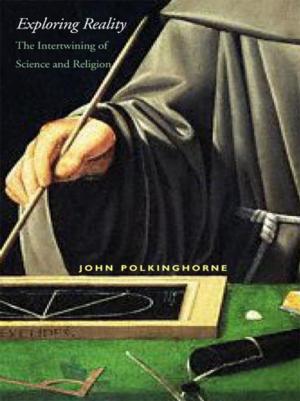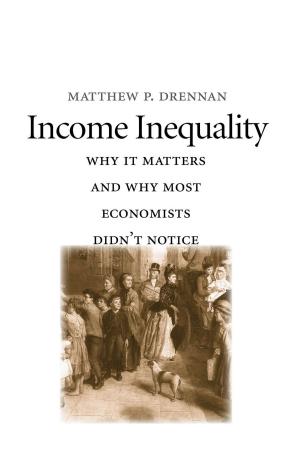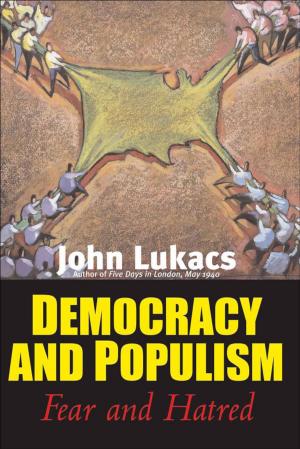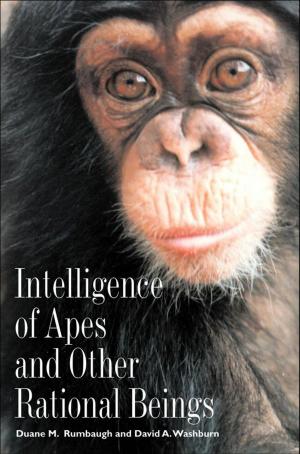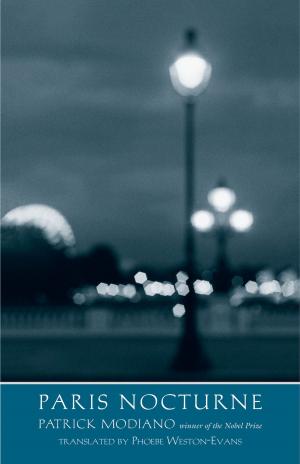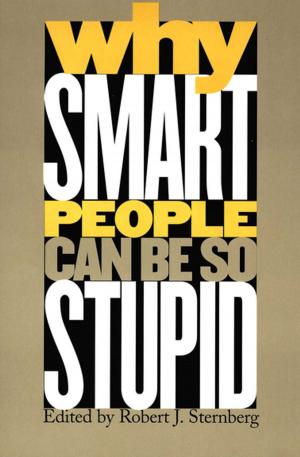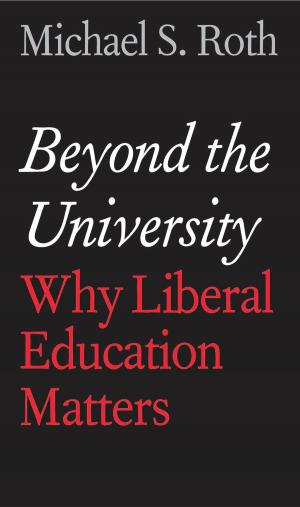Genetics of Original Sin
The Impact of Natural Selection on the Future of Humanity
Nonfiction, Science & Nature, Science, Biological Sciences, Genetics, Biology, Evolution| Author: | Christian de Duve, Neil Patterson | ISBN: | 9780300168716 |
| Publisher: | Yale University Press | Publication: | December 14, 2010 |
| Imprint: | Yale University Press | Language: | English |
| Author: | Christian de Duve, Neil Patterson |
| ISBN: | 9780300168716 |
| Publisher: | Yale University Press |
| Publication: | December 14, 2010 |
| Imprint: | Yale University Press |
| Language: | English |
Increasingly absorbed in recent years by advances in our understanding of the origin of life, evolutionary history, and the advent of humankind, eminent biologist Christian de Duve of late has also pondered deeply the future of life on this planet. He speaks to readers with or without a scientific background, offering new perspectives on the threat posed by humanity’s immense biological success and on the resources human beings have for altering their current destructive path.
Focusing on the process of natural selection, de Duve explores the inordinate and now dangerous rise of humankind. His explanation for this self-defeating success lies in the process of natural selection, which favors traits that are immediately useful, regardless of later consequences. Thus, the human genome determines such properties as tribal and group cohesion and collaboration and often fierce and irrational competition with and hostility toward other groups’ attributes that were once useful but now often ruinously dysfunctional.
Christian de Duve suggests that these traits, imprinted into human nature by natural selection, may have been recognized by the writers of Genesis, thus inspiring the myth of original sin. Is there redemption for genetic original sin? In a brilliant and original conclusion, the author argues that, unique in the living world, humankind is endowed with the ability to deliberately oppose natural selection. Human beings have the capacity to devise measures that, while contrary to local or personal interests, can bring forth a safer world.
Increasingly absorbed in recent years by advances in our understanding of the origin of life, evolutionary history, and the advent of humankind, eminent biologist Christian de Duve of late has also pondered deeply the future of life on this planet. He speaks to readers with or without a scientific background, offering new perspectives on the threat posed by humanity’s immense biological success and on the resources human beings have for altering their current destructive path.
Focusing on the process of natural selection, de Duve explores the inordinate and now dangerous rise of humankind. His explanation for this self-defeating success lies in the process of natural selection, which favors traits that are immediately useful, regardless of later consequences. Thus, the human genome determines such properties as tribal and group cohesion and collaboration and often fierce and irrational competition with and hostility toward other groups’ attributes that were once useful but now often ruinously dysfunctional.
Christian de Duve suggests that these traits, imprinted into human nature by natural selection, may have been recognized by the writers of Genesis, thus inspiring the myth of original sin. Is there redemption for genetic original sin? In a brilliant and original conclusion, the author argues that, unique in the living world, humankind is endowed with the ability to deliberately oppose natural selection. Human beings have the capacity to devise measures that, while contrary to local or personal interests, can bring forth a safer world.


